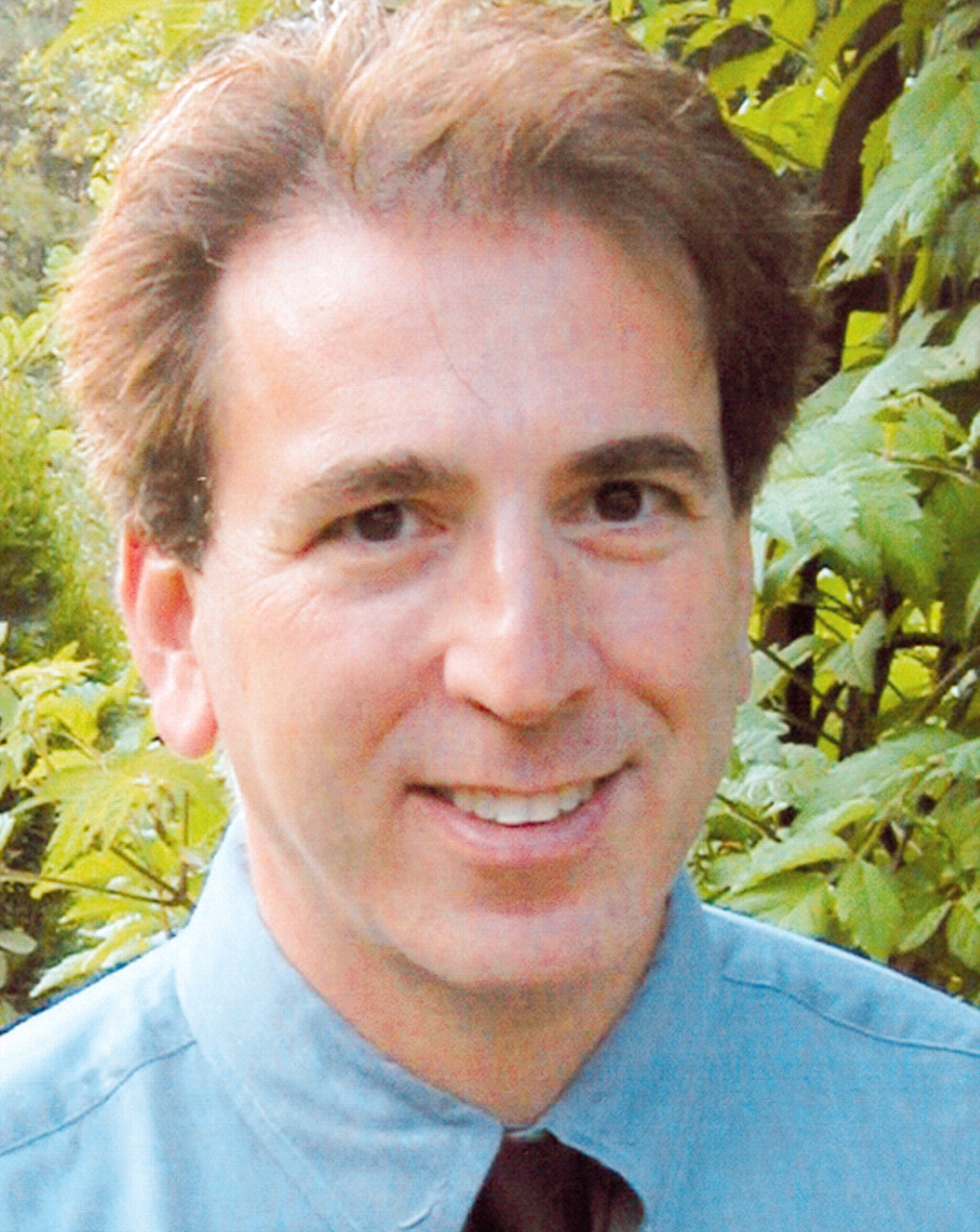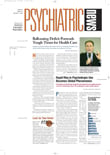When my patients discover I write crime fiction, thrillers in particular, they get a funny look. Why is their psychiatrist interested in crime, especially murder? Are they about to become fodder for the next novel? Should they leave now?
The truth about why I've diversified in my professional life has a lot to do with striking a balance between medicine and the arts. It's a well-traveled road, from physician novelists like Somerset Maugham and Arthur Conan Doyle to modern-day best-selling authors like Robin Cook, F. Paul Wilson, and Michael Crichton.
But for anyone who has written a book and then had it published—or for anyone who would like to do that—it's important to understand the difference between the art of writing and the business of publishing.
As physicians, we're especially equipped for this duality, as we're used to the magic of bedside manner in one minute and then documenting for Medicare in the next.
Years back, when I published my first novel, I wondered whether I was paving a road that would lead away from medicine. The fantasies at that time included truckloads of cash that would back up to my front door and frequent guest spots on “Oprah.” Well, the trucks were smaller than expected, and Oprah has yet to return my call—I guess she's happy with Dr. Phil.
I quickly learned that publishing is a business and that being a doc helps quite a bit. In fact, some agents and publishers actually prefer to work with physicians and other professionals. Once you get involved with the world of books, it's easy to see why.
We bring good stuff to the table. For starters, we work hard. We'd have never made it through pre-med, med, internship, and on and on if we couldn't keep our noses to the grindstone. Publishers have no tolerance for missed deadlines and sloppy work, especially when a book is scheduled to be released. The timeframes and turnarounds are tight. It's not uncommon for me to get a manuscript to proof and have about a week to make it through 400 pages. Hey, piece of cake—Remember being an intern and having to work up a patient at 3 a.m., research their condition, pull an article, and be prepared to present with all the lab work by 7 that morning?
Next, people are fascinated by what I do. Whether writing fiction or nonfiction, we've got a leg up on the “write what you know” chestnut. A quick flip around the television dial reveals endless medically based shows, everything from reality plastic surgery to “CSI” to“ ER,” and the daytime soaps couldn't function without new and incurable diseases. And a scan of the best-seller racks almost always reveals a few docs smiling back from the covers of their latest diet or self-help books. Our expertise is widely sought.
The only negatives I've heard about some docs in the publishing world—and this is probably true of new authors in general—are unrealistic expectations, such as truckloads of cash and appearing on“ Oprah,” and naivete about the amount of publicity that must be done by an author if a book is ever going to take off.
I recently had an e-mail conversation with another physician author who bemoaned the lack of publicity for his book. It's a familiar theme, and unless you're already a best-seller, much of the responsibility for whether your baby takes off rests with you. In some ways it's just like opening a practice. If people don't know you're there, you'll have no business.
Now, as I prepare to hit the marketing trail with my third novel—a horrific tale of love, murder, and revenge—I'm gearing up months in advance. But what's interesting this time, as I sit with reporters and answer questions that have been asked many times before, is that I find my responses have changed. As I become more successful as an author, the thought of leaving medicine becomes more remote. And it's not that medicine has become less stressful; it's something else. It's finding in medicine a similar balance to what I find with writing and publishing. It's the beauty of crafting fiction and the magic of sitting with a patient and then realizing how lucky I am to have these two things that I love, which at the end of the day also pay my bills. ▪

